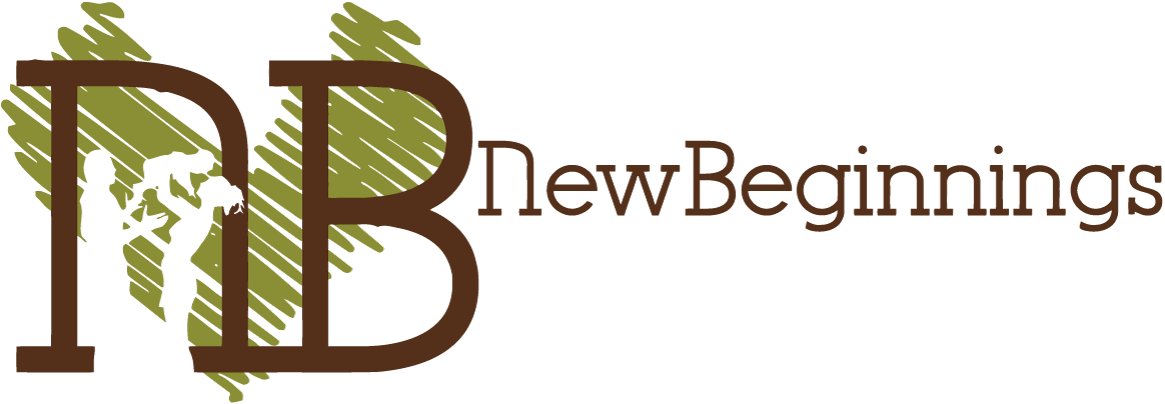Many families who consider international adoptions may have questions concerning the child’s education and language barriers. Raising bilingual children is a great investment that they will thank you for later. I wouldn’t completely take your internationally adopted child away from their heritage, but obviously learning your native language is a must.
After the fall of the Polish communism in 1989, the Act of 7 September 1991 was implemented to profoundly change the structure of school systems. The legislation’s 3 main objectives was to raise secondary and higher education qualification standards, to ensure equality of opportunity in education, and to improve the quality of education altogether.
The students- from national minorities/ethnic groups- are guaranteed to maintain their own history and cultures-national, ethnic, religious, and linguistic identity- by teaching/learning the language of their national minority or ethnic groups. Only about 3 percent of Poland’s population belong to diverse nationalities- such as Czech, Lithuanian, German, Ukrainian Russian, and Jewish- making Poland ethnically homogenous. Since the Act of 7 September 1991 went into effect, the number of schools offering minority languages in their curriculum has increased dramatically-almost quadrupled.
According to the Critical Period Hypothesis, proposed by linguists Eric Lenneberg in 1967, “the first few years of life constitute the time during which language develops readily and after which (sometimes between age 5 and puberty) language acquisition is much more difficult and ultimately less successful.”
I have done some research and found out how to say several common words and phrases in Polish-bare with me, but here it goes:
Mom- mama
Dad- tata
Sister-siostra
Brother- brat
Hello- czesc
Goodbye- pozegnanie
I love you- Kocham Cie
Where is the bathroom?-Gdzie jest toaleta
Could you point me in the right direction?- Mozesz mi punkt w dobrym kierunku?
Thank you- dziekuje
You are welcome- zapraszamy
Don’t get discouraged if you can’t pronounce these words- that’s what google translate is for. If you type in the word(s) you want to say, it will give you the option to hear it out loud. Also, make sure you are continually teaching your child new words or phrases so that he or she will be fluent in both their native language and your own.
